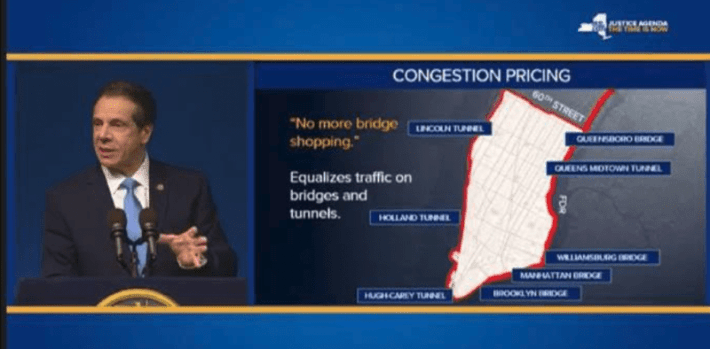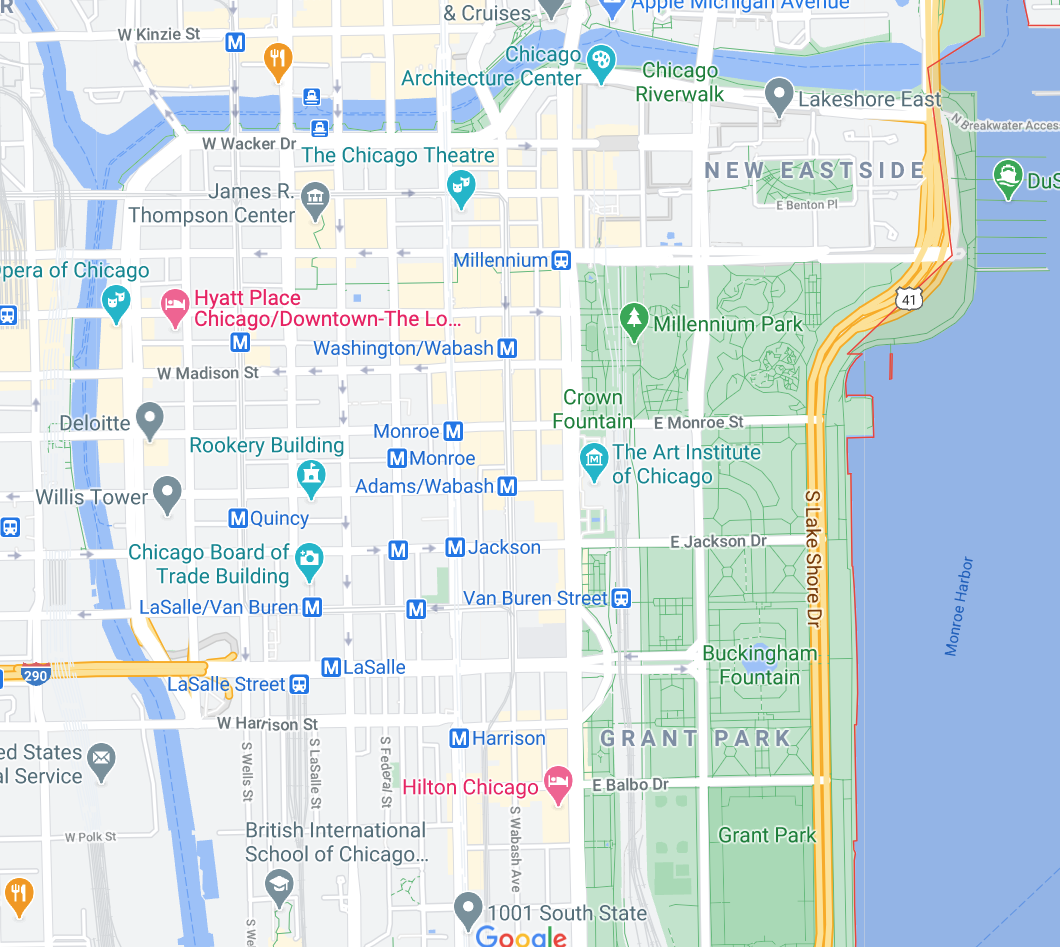Budget season has come to a close in Chicago, with Mayor Lori Lightfoot's spending plan passing by a historically narrow margin of 29-21, the closest such vote in our city since the 1980s. One of the dissenters was progressive 47th Ward alderman Matt Martin. He argued in a statement on his website that he was voting no because he opposed "regressive" measures in the budget, such as a property tax hike to raise $94 million, and lowering the threshold for speed camera tickets to 6 mph, because he felt more equitable options were available.
One intriguing possibility Martin raised on the website as an alternative way to raise revenue, which would have many other benefits, is congestion pricing. He noted that last year New York City passed a congestion tax that would charge drivers a modest fee to enter high-traffic areas. While the Federal Highway Administration hasn't signed off on the initiative yet, it could be implemented as early as next year. The tax is projected to raise about $1 billion a year, which would then be used borrow $15 billion to fund transit improvements improvements. The alderman noted that such a strategy can also reduce congestions and greenhouse emissions.

"Congestion pricing is one of a number of revenue proposals I believe the city should be seriously considering to reduce our reliance on property taxes, and to address our climate emergency as transportation is now the number one emitter of emissions in the United States," Martin said in a statement to Streetsblog. "Today, many low-income Chicagoans struggle to access jobs and vital services because of limited public transit options in our most underserved neighborhoods – often the same neighborhoods through which the city's highways were carved, and whose residents disproportionately suffer from the impact of pollution from vehicle exhaust."
Martin noted that if we charged drivers a small fee to enter downtown, the revenue could be used to upgrade the CTA and/or Metra, address the city's budget deficit, "and encourage Chicagoans to utilize more sustainable transit options -- especially in our downtown corridor where public transit options are rich."
Martin's assistant Joshua Mark said the alderman has previously brought up the idea as a possible budget option with colleagues and the Lightfoot administration, including in the ward's revenue memo to the Finance Committee earlier this year, although Martin did not have an ordinance for congestion pricing up for a vote this time. "We know that next year will also be a complicated budget year, and plan to begin conversations with the administration about our preferred revenue options at the beginning of the year," Mark said.
Needless to say, local transportation advocates are jazzed about the idea.
No brainer. Should also be tied to air pollution, which is much worse during heavy traffic.
— ChicagoYIMBY🥑🏗️ (@CYimby) November 24, 2020
So let's keep this conversation going. Who knows, with enough political support for this idea to reduce congestion and pollution and plug the budget hole, maybe we can get congestion pricing approved in the 2022 budget.




